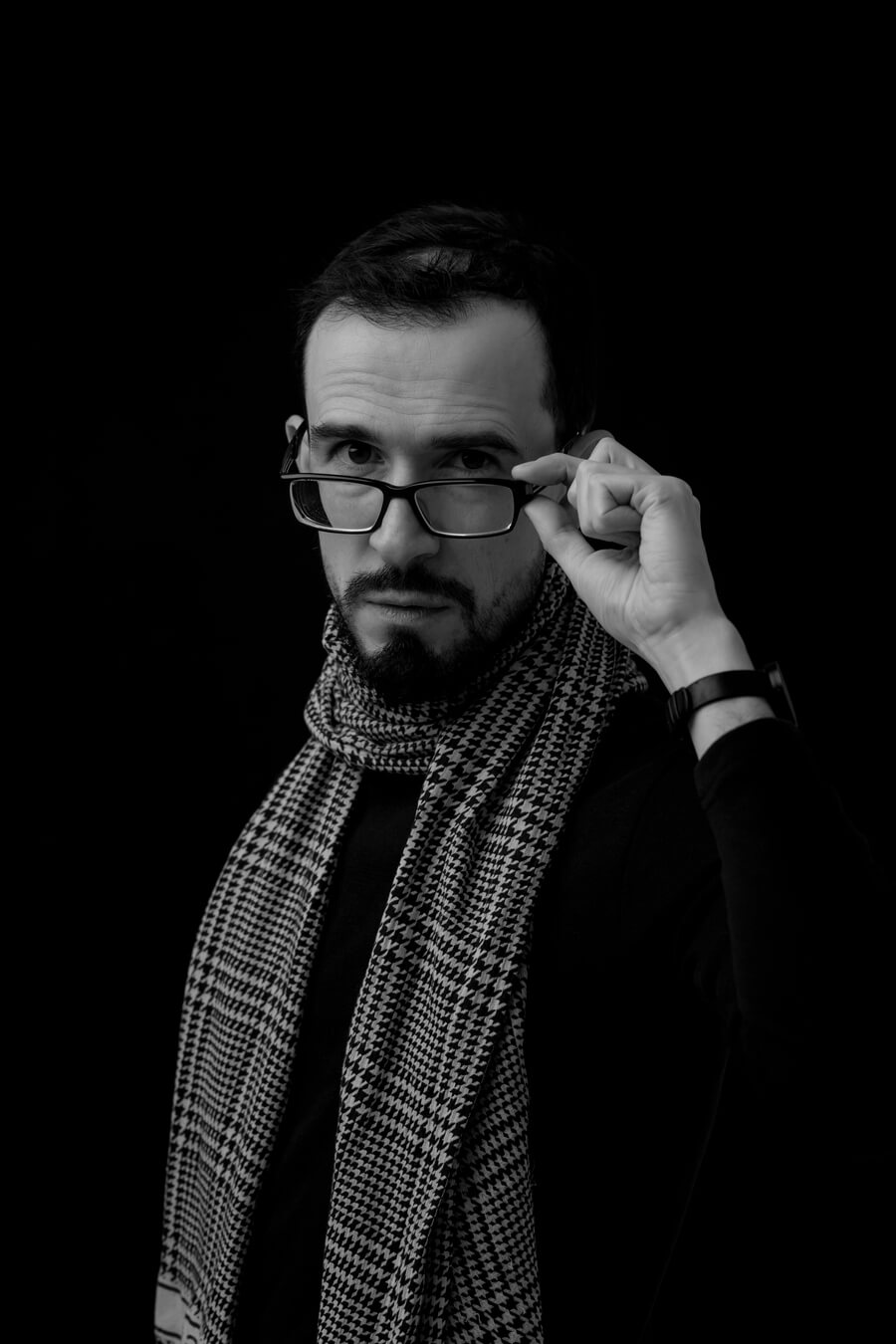© Sole Proprietor Alexander Kansky,
OGRNIP 314784721000200, registered on July 29, 2014
MANIFEST
Why am I passionate about my job as a clinical research specialist (auditor, monitor, project manager)?
Based on almost twenty years of experience in the industry, I have formulated my vision of the profession of a clinical research specialist. Monitors, project managers, and auditors are not primarily scientific or technical specialists, but corporate diplomats in the field of clinical research (which is part of the Life Science field). They are qualified negotiators whose professionalism determines the robustness of chains of trust between pharmaceutical industry and society.
To name only five of the most attractive aspects of the profession of a corporate diplomat in the field of Life Science:
- Life Science is a separate cultural universe that is forming and developing before our eyes. People in all countries on all continents are inspired by the results of the development of pharmaceuticals in the 20th and 21st centuries and look forward to the further development of pharmaceutical technologies to create and maintain a healthier and more harmonious life for people. The public interest in Life Science is broadening and deepening, which entails development of various professional ties, constant experiments in the organizational, legal, conceptual, methodological areas, and positive professional selection.
- International and intercultural relations. An experienced clinical research specialist gradually becomes a diplomat in the world of Life Science, who can then evolve into a Life Science evangelist.
- The clinical research jobs include a variety of interesting tasks that require complex communication solutions (oral and written negotiations). The industry has incorporated various methodologies and intricate inter-disciplinary connections. The clinical research jobs include a broad set of professional practices, including elements of the B2B service industry, academic science, and IT.
- The importance of soft skills in the profession, primarily the following: building an effective dialogue, maintaining personal boundaries; persuasion, delegation and motivation; reading between the lines; willingness to make decisions and act in the environment of limited information and resources; non-verbal communication; business correspondence and others (listed and commented in more detail in the article on the auditor’s soft skills).
- High personal responsibility, the importance of the position of the monitor in the professional hierarchy in the industry (unfortunately, \I quite often note that even experienced specialists often do not fully understand and realize their level of responsibility: it is often possible to read between the lines of people that the monitor is a position “for show” or a “ simple, almost mechanical work”; “monitors may soon be replaced by artificial intelligence”, etc.).
A key element of my professional approach as an auditor is to test the monitor’s competencies in terms of professional standards and soft skills. When working on projects as a project manager and monitor, I prioritize training and professional mentoring for clinical research site staff and monitors. I am convinced that the most effective method of improving the efficiency within the clinical research industry is the development of professional culture, ethics and erudition in the professional community.

Alexander Kansky
GCP auditor, monitor, project manager, certified member of ACRP and RQA with unique experience, qualification and professional approach.

